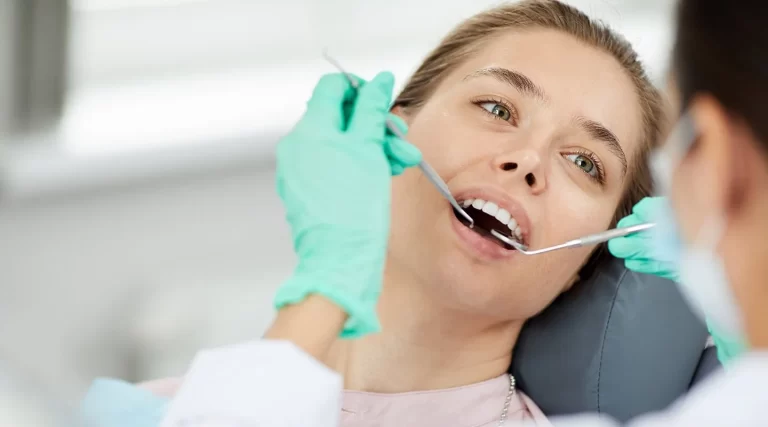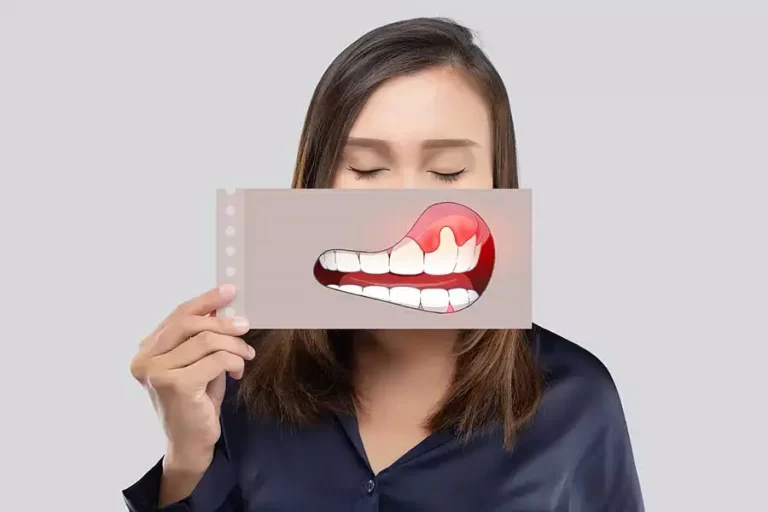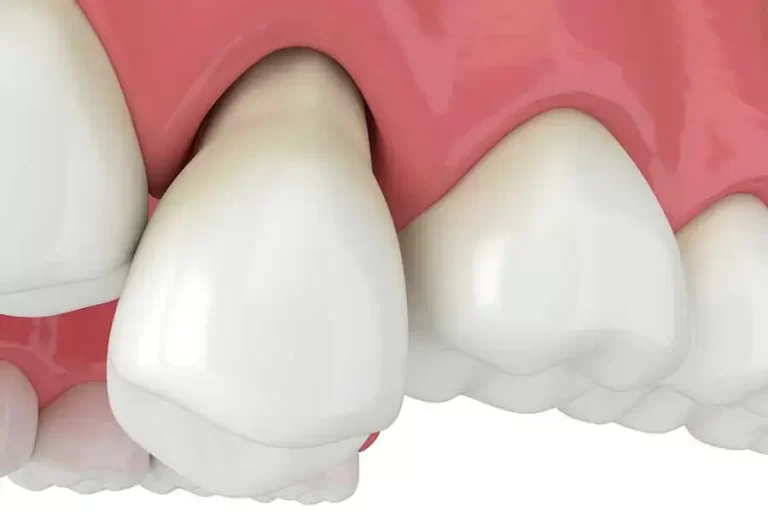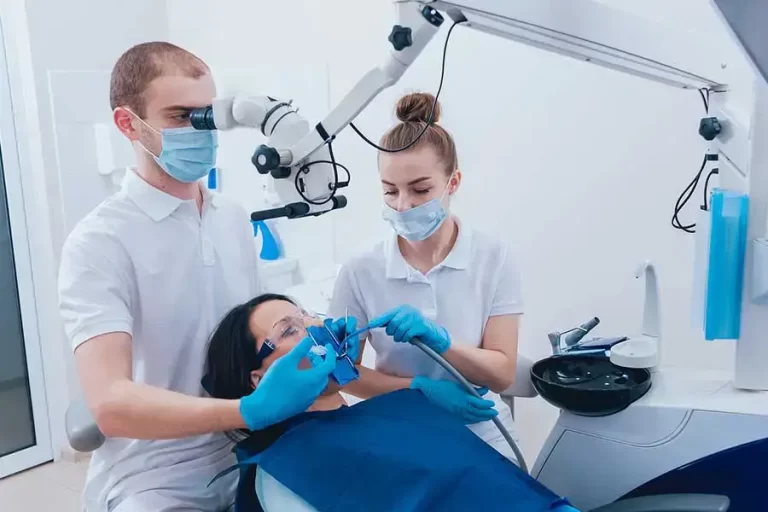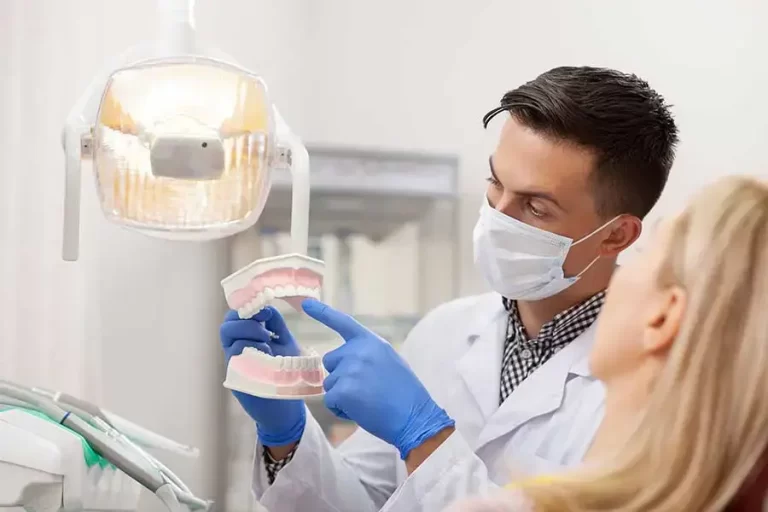Although a dental emergency is not something you should handle yourself, you can use over-the-counter analgesics, such as aspirin, for temporary pain relief as you make plans to visit a dentist. Home remedies, such as the application of clove oil at the site of the toothache, can also help relieve pain.
For an avulsed tooth, you should keep the dislodged tooth in milk or potable water without trying to scrub it clean. Although it is advisable to keep the avulsed tooth in your mouth (under the tongue), for children, there are chances of choking, and therefore it should be stored in water or milk. The chance of survival of the dislodged tooth depends on the time it takes to reach the dental clinic, so it is best if it arrives within the hour.
For swelling inside or outside of your oral cavity, it is advisable to apply a cold compress on the area. Never apply a hot pack since it will increase the chances of the spread of infection to other areas.
For a displaced restoration, crown, or bridge, make sure that you don’t swallow it to avoid choking on it. You should place sugar-free chewing gum into the cavity to avoid contamination by oral bacteria. See your dentist immediately to get the tooth re-restored and also to get the dislodged crown or bridge cemented into place.
For any kind of dental emergency, our dentists in Delta and surrounding areas are ready to handle any kind of urgent oral problem. From wisdom teeth removal in Richmond to chipped tooth repair in Delta, Kennedy Heights Dental can treat your problem quickly and efficiently.
